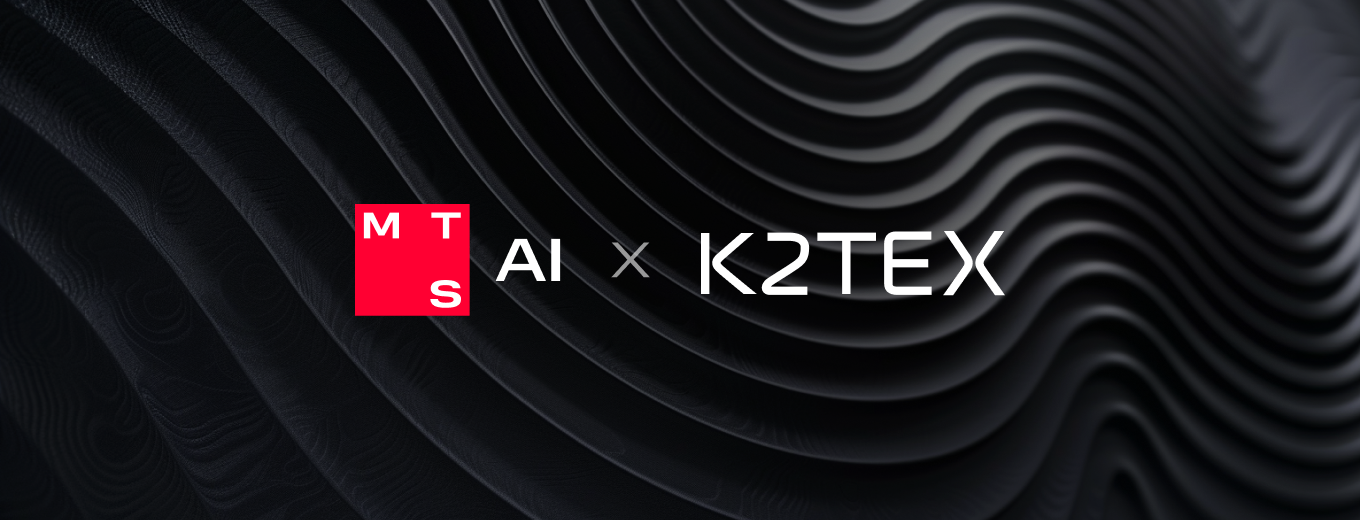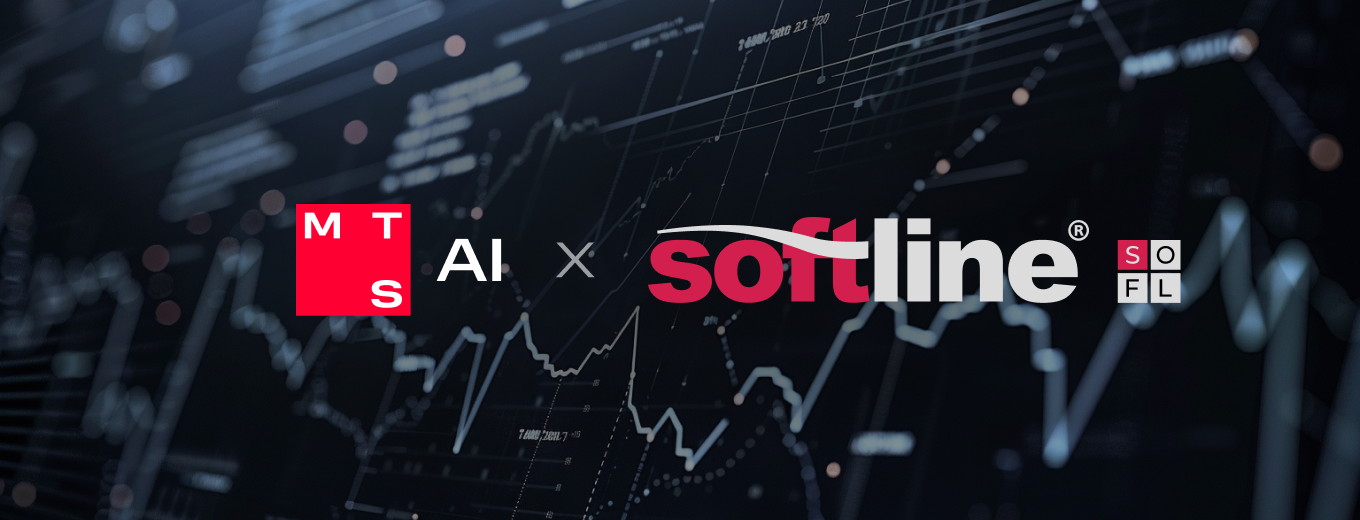We are happy to release this first issue of our #InfocusAI digest in 2023. It explains why the top AI conference has banned the LLMs and how ChatGPT can help Bing win over Google and aid drivers in contesting traffic tickets in court. Finally, we will tell you about China’s and Canada’s latest achievements in autonomous technologies.
AI focused digest – News from the AI world
Issue 9, 22 December 2022 – 11 January 2023
LLMs banned by ICML
The International Conference on Machine Learning (ICML) has banned researchers from submitting any research papers that were created using large-scale language models (LLM), such as ChatGPT. Only texts presented as part of the paper’s experimental analysis will make an exception to this rule. The way it came across was as if the major AI conference had banned the use of AI, which sparked a wave of discussion on social media. For example, Sebastien Bubeck, who leads the ML Foundations team at Microsoft Research, called the rule “shortsighted”: “ChatGPT and variants are part of the future. Banning is definitely not the answer.” Other AI researchers stated that this rule is a huge roadblock for authors who are not native English speakers. ICML’s Program Chairs had to come out with official clarifications in response to these concerns. They explained their decision to ban LLMs by the need to be careful when dealing with new technologies. Questions still remain as to the copyright for the content created using generative models. It is also unclear whether such content should be deemed novel or derivative, and potential consequences of using LLMs for review and publication purposes have not been fully studied. Experts decided that it would be safer to prohibit the technology until these matters have been dealt with. However, they point out that the ban only applies to texts that are fully generated by AI, and researchers can still use language models for light editing of their own papers. You may read this VentureBeat article to learn more about the professional community’s reaction to the news. Also, read this for ICML’s explanations regarding the LLM policy.
Microsoft wants to get us to Bing, not to Google
Microsoft is preparing to add OpenAI’s ChatGPT language model to its Bing search engine in the coming months, grabbing users from Google. Citing an undisclosed source, Bloomberg says Microsoft expects to win over the audience with more conversational and better-quality replies to users’ queries beyond simple links. For now, ChatGPT is being tested along with Bing. Experts believe the ability of this language model to summarize publicly available data can make it a credible alternative to the traditional search engine with a list of search-generated links, giving Microsoft a chance to knock Google out. By the way, ever since ChatGPT made its appearance last November, researchers and analysts have been stressing its major disruptive potential for the search engine industry, and the New York Times even wrote that Google had declared a “code red” and mobilized its resources to respond to this essentially “existential” threat. We should not forget that Google, too, is a leader in NLP technologies with a robust team and its own advanced language model – LaMDA (Language Model for Dialogue Applications system). So beating Google will be a tough call.
AI lawyer vs traffic tickets
DoNotPay, a US-based startup, is planning to field-test its ChatGPT-assisted “robot” lawyer in February. This will be the first-ever case of artificial intelligence challenging a traffic ticket in court. The company does not disclose the name of the court and the defendant. All we know is that the AI lawyer will listen to the court arguments using a smartphone, generate responses for the defendant and tell the defendant what to say through headphones. If the robot lawyer loses the case, DoNotPay will cover any fines. This technology is illegal in most courtrooms in the US, which casts doubt on the prospects of its near-future commercialization. However, the startup is serious about democratizing legal representation by making it free for those who cannot afford pricey attorneys. This “demonstration” of a robot lawyer and the hype around it aim to draw attention to the existing shortfalls of the system and encourage it to change. We don’t think many people in the legal community will like the idea… You can read the startup’s comments in the article on CBS MoneyWatch.
ByteDance and Haomo.AI beat XPeng and Alibaba in autonomous driving computing
Last week, Volcano Engine, owned by Chinese tech unicorn ByteDance, and Haomo.AI launched China’s largest dedicated computing center to accelerate the development and commercialization of autonomous vehicle solutions. The facility is known as Mana Oasis. It has a total computing power of 670 petaflops, or 670 quadrillion floating point operations per second. The new center’s computing power has surpassed the existing leader named Fuyao, which was established last year by XPeng car maker and a subsidiary of Alibaba Group Holding. Notably, the launch of a new computing center is yet another proof of China’s increased optimism about the expanded adoption of autonomous vehicle technologies. This optimism is also reflected in increased investments in the sector that are already measured in billions of dollars, as well as in government initiatives. For example, Beijing and Shenzhen have set up special pilot zones for self-driving vehicles, and the guidelines for commercial use of fully autonomous public transport were drafted. According to Deloitte, China may become the world’s largest autonomous vehicle market by 2035, with more than 5.7 million such vehicles on its roads. Read more about Mana Oasis in an article on the South China Morning Post.
Autonomous driving technologies for children
We will wrap this up with one more story from the world of autonomous driving. Canadian-based baby gear manufacturer Gluxkind was showing off its new product – Ella AI Powered Smart Stroller – at the CES, the consumer electronics show in Los Angeles. It largely employs the same technologies seen in autonomous cars. The stroller is fitted with sensors that detect objects around it, uses cameras to monitor surroundings, has a navigation system and support systems for uphill movement and braking assistance. It is able to drive itself for hands-free strolling, but only when a child is not inside – trusting children to artificial intelligence is still too risky. The developers accompanied the demonstration of their new product with videos showing its use cases. For example, Ella can stroll itself and follow a parent if the child wants to be carried during a walk. If you want to know more about the product and can afford to pay over $3,000 for a stroller, you should certainly read this piece on CNN.













